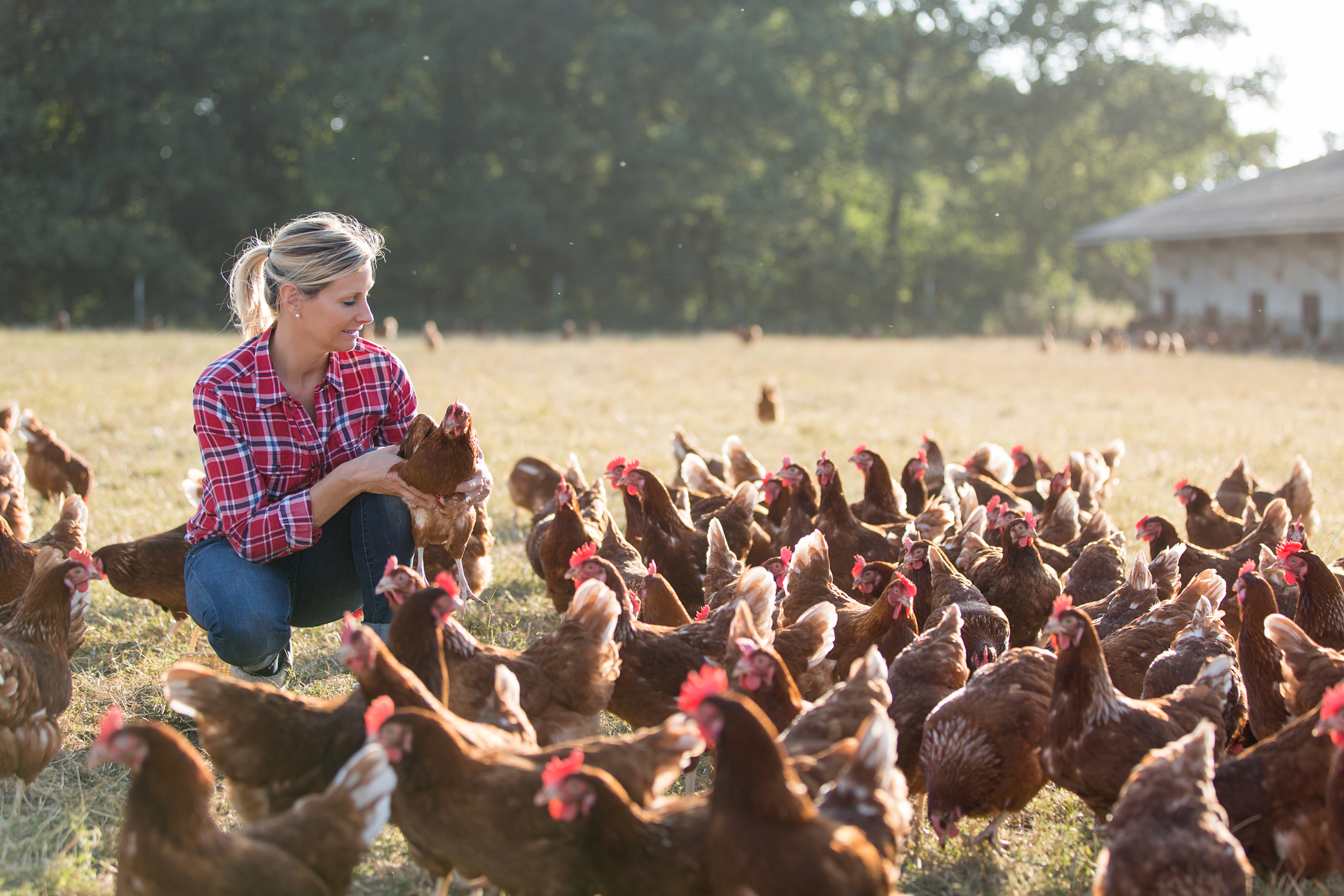One of the major themes consistently reported currently by the media in the UK, concerning post-Brexit US/UK trade talks, is food standards; in particular, poultry farming and the issue of chlorinated chicken.
Poultry Farming
Poultry farming is a form of animal husbandry which breeds and farms certain types of birds for their meat and eggs, such as Chickens, Turkeys, Ducks and Geese, for human consumption. Poultry represents the largest percentage of meat production on Earth, with 74 percent of global poultry meat and 68 percent of eggs, being produced via intensive farming methods. Globally, chickens are the most farmed poultry according to Global Animal Slaughter Statistics, with more than 66 billion chickens being slaughtered annually. Therefore, it is of no surprise that establishing and maintaining excellence in poultry farming standards and practice is vital, as the ways in which humans farm chickens, in particular, is hugely important, both ethically, in terms of animal welfare, and to the health and wellbeing of populations.
Europe, the UK and US Poultry Standards
For over two decades Europe has insisted on banning poultry meat from the US due to the US poultry farming practice of treating the surface of chicken with a chlorinated spray, aimed at reducing bacteria. Europe argues that food safety should be a ‘farm to fork’ enterprise and that using chlorine to reduce the bacterial load after slaughter is not acceptable. To protect the health of both humans and animals, Europe stresses that the entire farming process should uphold sanitary and phytosanitary standards; therefore, eliminating the need for use of chemicals such as chlorine (https://trade.ec.europa.eu/tradehelp/sanitary-and-phytosanitary-requirements).
After the Brexit Transition Period – UK/US Trade Deal
As of 31st December 2020, the UK will no longer be subject to EU regulation on food standards, due to the end of the Brexit transition period. Coupled with which, due to ongoing trade deal negotiations with the US, the position of banning US chlorinated chicken in the UK, is under threat; as are, the overall exceptional food safety standards enjoyed by and which protect, UK consumers. Certainly, food safety standards could well be undermined as, not only will the UK government potentially have to make concessions to secure a favourable deal, but also, there will be a need for domestic chicken (poultry) producers to reduce costs to remain competitive, given the cheap imports that will be coming over from the US, where production costs are significantly lower. Indeed, UK poultry farmers invest heavily in biosecurity and best practice initiatives, compared to their US counterparts, to minimise the appearance of harmful bacteria across the poultry farming process. Consequently, biosecurity and best practice initiatives could suffer, if UK poultry farmers are obliged to reduce production costs, in order to compete. However, it is imperative that UK poultry farmers maintain their high standards, as the US is not the sole important future UK trading partner.
Europe and the UK
It should be stated that, Europe remains the most important market for UK poultry. Single market access has been crucial for the UK poultry industry; therefore, a favourable trade deal with the EU, should surely be a priority. Therefore, the UK government should be extremely careful in allowing sub-standard US poultry meat onto the UK market, as doing so, could very well undermine and endanger further, the UKs future poultry trade, with its principal and most important market, Europe.
UK Poultry Farming Standards Moving Forward
In terms of poultry farming standards, the UK is at the forefront of ensuring excellence; not only excellence in food quality, but also, in animal welfare and it is of the upmost importance that these standards are maintained and championed, moving forward. Indeed, food standards and best practice initiatives, are areas in which, the UK poultry industry could lead the way, as the UK seeks to establish new trading relations with the world, post-Brexit.
If you're looking for work in the agricultural sector, Agricultural Recruitment Specialists can help you find the right niche in the UK, Europe and beyond. We can assist in finding which doors are open for you with your specific background and even advice on what you could do to improve your prospects.
Agricultural Recruitment Specialists are worldwide recruitment experts in agricultural, food, farming and rural recruitment and have a variety of executive and management positions available within agriculture, horticulture and the food and rural sectors throughout the UK and the rest of the world. To find out more about our agricultural job vacancies and discuss your future career, contact our team of agricultural recruitment professionals. You can visit our website here: www.agriRS.co.uk or call our team on: 01905 345 155 or email us at: info@agriRS.co.uk
Alternatively, if you are a client looking to expand your team, whilst using a professional recruitment / headhunting solution, then please call us today on 01905 345155 or email us at: info@agriRS.co.uk













